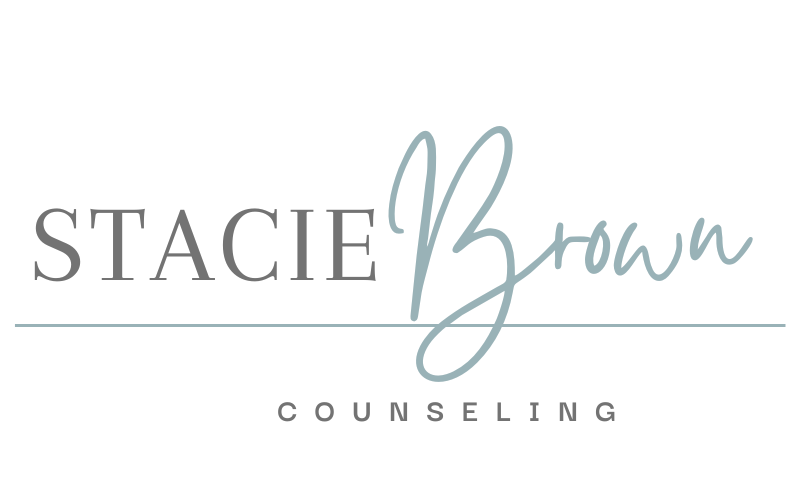
Therapy for personality disorders
Schema therapy for Cluster C diagnoses and Narcissistic Personality Disorder
Online personality disorder therapist
throughout california

What is a personality disorder?
We each have our own unique personality which is typically influenced by many factors such as our caregivers, culture, experiences, genetics, and more. When these factors influence our inner life and behaviors to the point where they become very much “out of the norm,” widespread, and cause problems, a personality disorder may have developed. Although they are not typically diagnosed until early adulthood, the signs begin to emerge much earlier.
There are 10 specific and diagnosable personality disorders, and they are grouped within 3 “clusters” having common characteristics. Besides borderline and narcissistic personality disorders, I have training and experience in treating Cluster C — anxious and fearful traits.
What are the Cluster C personality disorders?
Avoidant Personality Disorder
Dependent Personality Disorder
Obsessive-Compulsive Personality Disorder
AVOIDANT PERSONALITY DISORDER
Maybe you or others think you might have social anxiety, because it may look like that on the surface. But, with APD you may avoid nearly all areas of social interaction because you:
Feel inferior and sensitive to criticism
Have low self-esteem underneath anxiety
Have a very negative perception of yourself
Therefore rejection is inevitable and deserved
DEPENDENT PERSONALITY DISORDER
It’s common for people to rely on each other as a support system while maintaining a sense of independence. But, what if you feel terrified at the thought of taking care of yourself and overly depend on others to get by? That can cause problems in multiple ways:
Needing constant advice and reassurance before making decisions
Giving others the responsibility for many areas in your life because you feel helpless
Agreeing or doing things you don’t want to do in order to avoid loss of support
Not initiating change/taking action because you lack confidence in judgment or abilities
OBSESSIVE-COMPULSIVE PERSONALITY DISORDER
This is not to be confused with the “OCD" most are familiar with. The difference is that OCPD is centered around a personality that is preoccupied with the need for control, perfectionism, and orderliness — both within themselves and others. Can you identify with:
Creating rules and schedules, getting lost in the details?
Striving for perfection with high standards for yourself and/or others?
Being “all work and no play?”
Being hesitant to let others help unless they do it your way?
NARCISSISTIC PERSONALITY DISORDER
Do you have trouble connecting with others? Perhaps expressing “negative” emotions comes more naturally than “positive” ones. Maybe loved ones are wanting you to show more empathy, stop blaming, or stop being so defensive. These can result in:
Relationships falling apart
Seeking external validation from others to avoid feeling anxious
Shame and thinking you are a bad person
Feeling like your inner world is chaotic and putting up walls
You may think that change isn’t possible, but you can change unwanted aspects of your personality. You can tolerate intense emotions. You can let go of the fear and live an authentic and fulfilling life. And I can help you get there.
Schema therapy for personality disorders helps you do 3 things:
Learn about the personality disorder and take an in-depth questionnaire to identify your specific patterns
Learn how to change those specific patterns and coping styles
Learn how to get unmet needs met

I’ll help you through this process, tailoring each step to your unique needs and circumstances.
My approach to schema therapy for personality disorders comes from a place of understanding and optimism. Through my formal training and working with others, I have seen the change. I’m excited for you to see the change too.
It’s time to re-write the next chapter of life.
i can help you get there.

FAQS
Common questions about schema therapy for personality disorders
-
Early on, I will provide you with foundational knowledge about the personality disorder and schema therapy, because knowledge is key to treatment. You will also have a clear understanding of why you are using a particular skill. I want you to walk away an expert about the personality disorder and how to treat it! We will address feelings, thoughts, and behaviors. We may do exercises in session, and you’ll definitely want to try out the new skills between sessions so we can come back and talk about your progress.
-
It’s likely taken several years of repetition to develop these traits. Now, I’m not trying to be a Debbie Downer because, in fact, recent studies have shown that schema therapy can produce a high percentage of lasting and deep personality change! Expect that schema therapy can take anywhere from 6 months to two years, depending on a number of unique factors. Progress greatly depends on how regularly you attend sessions and implement the changes you work on.
-
While therapists can never guarantee results, chances are that if you show up and do the work, you’ll find relief.
-
Schedule a free 15-minute consultation using the “Free Consult” tab at the top of the page. I offer daily consults and will reach out to you within one business day.

